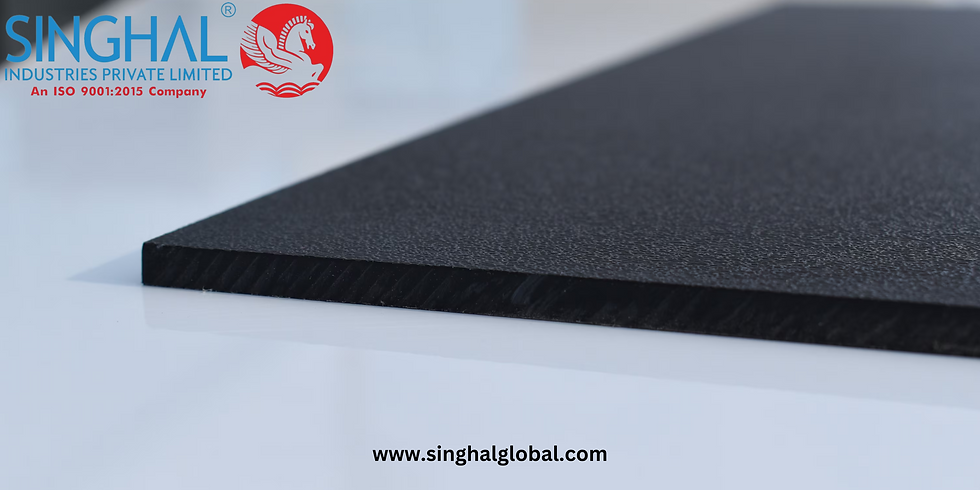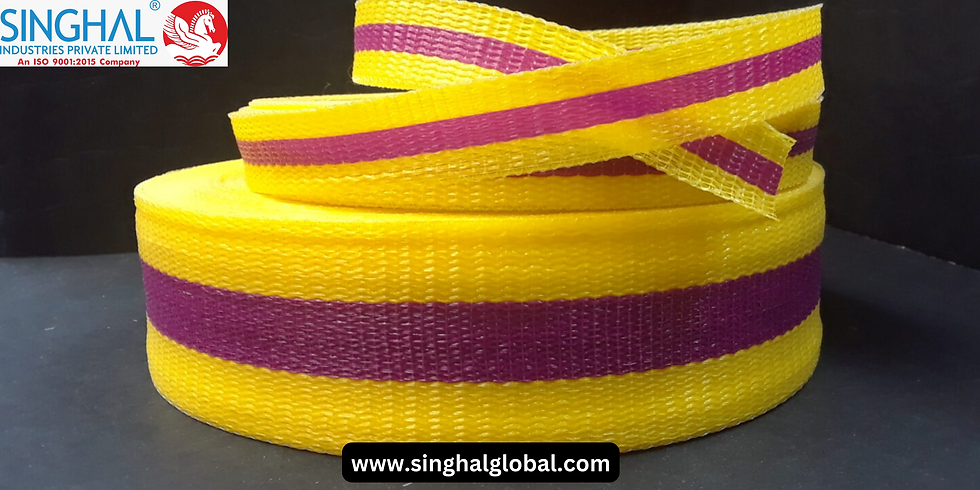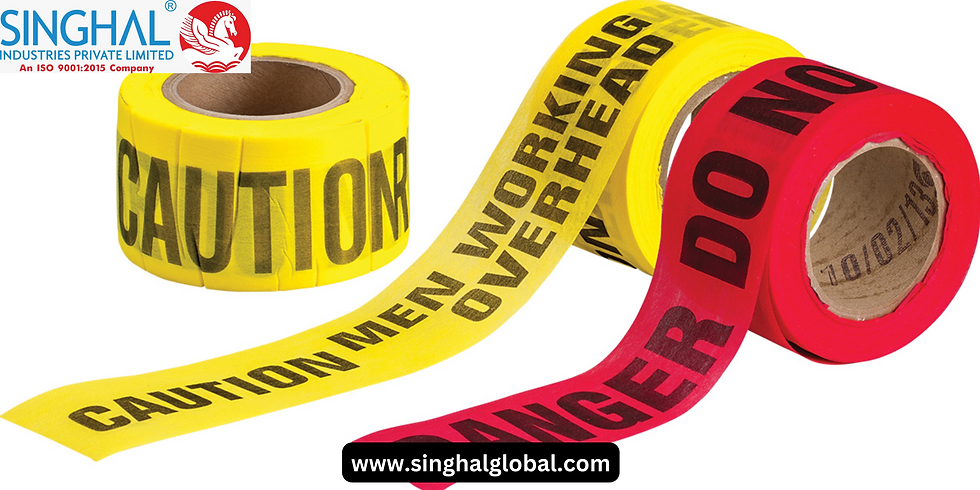Why Vacuum Form Plastic Sheets Are Ideal for Precision Molding
- Digital Mkt
- Sep 3, 2024
- 5 min read
In the world of manufacturing and product design, precision and efficiency are paramount. One of the key technologies that have revolutionized precision molding is vacuum forming. Vacuum form plastic sheets are integral to this process, offering a combination of versatility, cost-effectiveness, and high-quality results. This article delves into why vacuum form plastic sheets are ideal for precision molding, highlighting their advantages, applications, and the role of manufacturers like Singhal Industries in providing these essential materials.

What is Vacuum Forming?
Vacuum forming is a manufacturing process used to shape Vacuum Form Sheets into specific forms using heat and vacuum pressure. The process involves heating a thermoplastic sheet until it becomes pliable, then draping it over a mold. A vacuum is applied to draw the plastic tightly against the mold, allowing it to take on the desired shape. After cooling, the plastic retains the shape of the mold, resulting in a precision-molded part.
Advantages of Using Vacuum Form Plastic Sheets
1. Precision and Detail
Vacuum forming plastic sheets offer exceptional precision and detail in molding. The process allows for the creation of complex shapes and intricate designs with high accuracy. The ability to achieve detailed contours and fine features makes vacuum form plastic sheets ideal for applications where precision is critical.
2. Versatility in Design
Vacuum forming is highly versatile, accommodating a wide range of designs and shapes. Whether it's for packaging, automotive parts, or consumer products, vacuum form plastic sheets can be molded into various configurations to meet specific design requirements. This versatility is a significant advantage for designers and manufacturers looking for flexibility in their projects.
3. Cost-Effectiveness
One of the major benefits of vacuum forming is its cost-effectiveness. The process is generally more affordable compared to other molding techniques such as injection molding. Vacuum forming requires less expensive tooling and setup, making it a cost-effective choice for both low and high-volume production runs.
4. Efficient Production
Vacuum forming is known for its efficiency in production. The process allows for rapid turnaround times, which is particularly beneficial for industries with tight deadlines. Additionally, the simplicity of the process means that manufacturers can produce high-quality parts quickly and with minimal waste.
5. Material Options
Thermoplastic sheets used in vacuum forming come in a variety of materials, including ABS (Acrylonitrile Butadiene Styrene), PETG (Polyethylene Terephthalate Glycol), and polycarbonate. Each material offers different properties, such as impact resistance, clarity, or flexibility, allowing manufacturers to select the most suitable option for their specific needs.
Types of Plastic Sheets for Vacuum Forming
1. ABS Sheets
ABS plastic sheets are popular in vacuum forming due to their toughness and ease of processing. They are often used in applications where durability and impact resistance are required, such as automotive components and consumer products.
2. PETG Sheets
PETG (Polyethylene Terephthalate Glycol) sheets are known for their excellent clarity and chemical resistance. They are often used for applications requiring transparent or visually appealing parts, such as display cases and protective covers.
3. Polycarbonate Sheets
Polycarbonate sheets offer high impact resistance and durability, making them suitable for applications where strength and toughness are essential. They are used in various industries, including automotive and aerospace, for components that need to withstand harsh conditions.
Applications of Vacuum Form Plastic Sheets
Vacuum form plastic sheets are used across a broad spectrum of industries due to their versatility and precision:
1. Packaging
In the packaging industry, vacuum form plastic sheets are used to create custom trays, blisters, and clamshells. Their ability to be molded into specific shapes ensures that products are securely packaged and presented attractively.
2. Automotive Parts
The automotive industry utilizes vacuum forming to produce interior panels, trim pieces, and other components. The precision and durability of vacuum-formed parts contribute to the overall quality and functionality of vehicles.
3. Consumer Goods
Consumer products such as appliances, electronics, and toys often feature vacuum-formed plastic components. The process allows for the creation of complex shapes and designs that enhance the aesthetic appeal and functionality of these products.
4. Medical Devices
In the medical field, vacuum forming is used to produce various components, including protective housings and custom trays. The ability to achieve precise dimensions and high-quality finishes is critical for medical applications.
The Role of Vacuum Form Plastic Sheet Manufacturers
Manufacturers of vacuum form plastic sheets play a crucial role in providing the materials needed for precision molding. They ensure that the sheets meet industry standards and specifications, offering a range of options to suit different applications.
Singhal Industries
Singhal Industries is a leading manufacturer of vacuum form plastic sheets, known for its commitment to quality and innovation. The company provides a diverse range of thermoplastic sheets for Vacuum Forming Machine Plastic Sheets including ABS, PETG, and polycarbonate. Singhal Industries supports customers with high-quality materials, technical expertise, and solutions tailored to their specific needs.
Conclusion
Vacuum form plastic sheets are a vital component in precision molding, offering a blend of versatility, cost-effectiveness, and high-quality results. The vacuum forming process enables the creation of intricate and detailed shapes, making it ideal for a wide range of applications across various industries. With the support of reputable manufacturers like Singhal Industries, businesses can access top-quality Thermoplastic Sheets For Vacuum Forming, ensuring successful and efficient production processes. By understanding the benefits and applications of vacuum form plastic sheets, manufacturers and designers can leverage this technology to achieve optimal results in their projects.
FAQ: Vacuum Form Plastic Sheets
1. What are vacuum form plastic sheets?
Vacuum form plastic sheets are thermoplastic sheets used in the vacuum forming process to create precision-molded parts. They are heated until pliable and then shaped over a mold using vacuum pressure.
2. What types of materials are used for vacuum forming?
Common materials used for vacuum forming include ABS (Acrylonitrile Butadiene Styrene), PETG (Polyethylene Terephthalate Glycol), and polycarbonate. Each material offers different properties suited to various applications.
3. What are the advantages of using vacuum form plastic sheets?
The advantages of using vacuum form plastic sheets include precision and detail in molding, versatility in design, cost-effectiveness, efficient production, and a variety of material options.
4. How does vacuum forming compare to other molding techniques?
Vacuum forming is generally more cost-effective and faster than other molding techniques, such as injection molding. It requires less expensive tooling and setup, making it ideal for both low and high-volume production runs.
5. What types of applications benefit from vacuum forming?
Vacuum forming is beneficial for a wide range of applications, including packaging, automotive parts, consumer goods, and medical devices. The process allows for the creation of custom shapes and designs with high precision.
6. How are vacuum form plastic sheets installed?
Vacuum form plastic sheets are installed by first heating the sheet until it becomes pliable. The heated sheet is then draped over a mold, and a vacuum is applied to shape the plastic against the mold. After cooling, the sheet retains the shape of the mold.
7. Where can I purchase vacuum form plastic sheets?
Vacuum form plastic sheets can be purchased from suppliers and manufacturers specializing in geosynthetics and plastic materials. Companies like Singhal Industries offer a range of thermoplastic sheets for vacuum forming.
8. What factors should be considered when selecting vacuum form plastic sheets?
When selecting vacuum form plastic sheets, consider factors such as material properties (e.g., impact resistance, clarity), the complexity of the design, and the specific requirements of your application.
9. How does Singhal Industries support customers with vacuum form plastic sheets?
Singhal Industries provides high-quality vacuum form plastic sheets and offers technical expertise to support customers. The company offers a range of materials and solutions tailored to various applications and project needs.
10. What is the typical price range for vacuum form plastic sheets?
The price of vacuum form plastic sheets can vary based on factors such as material type, thickness, and quantity. For accurate pricing, it is best to contact suppliers like Singhal Industries and request a quote based on your specific requirements.



Comments